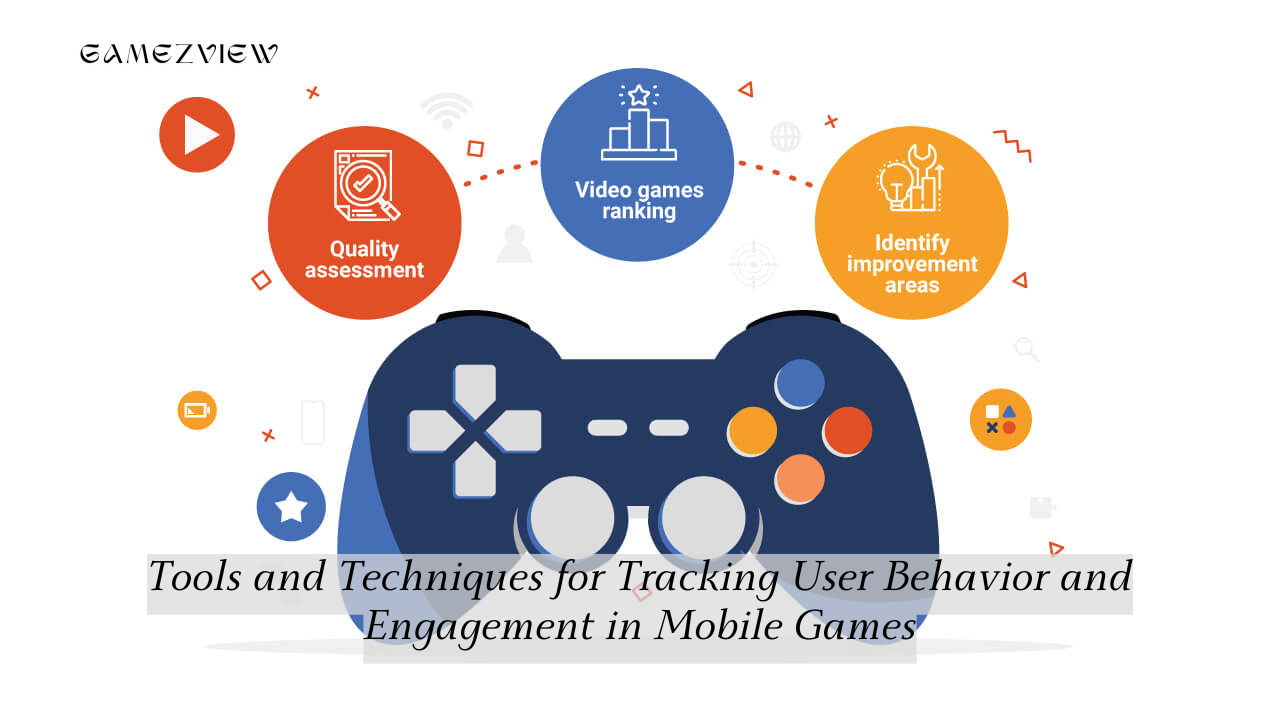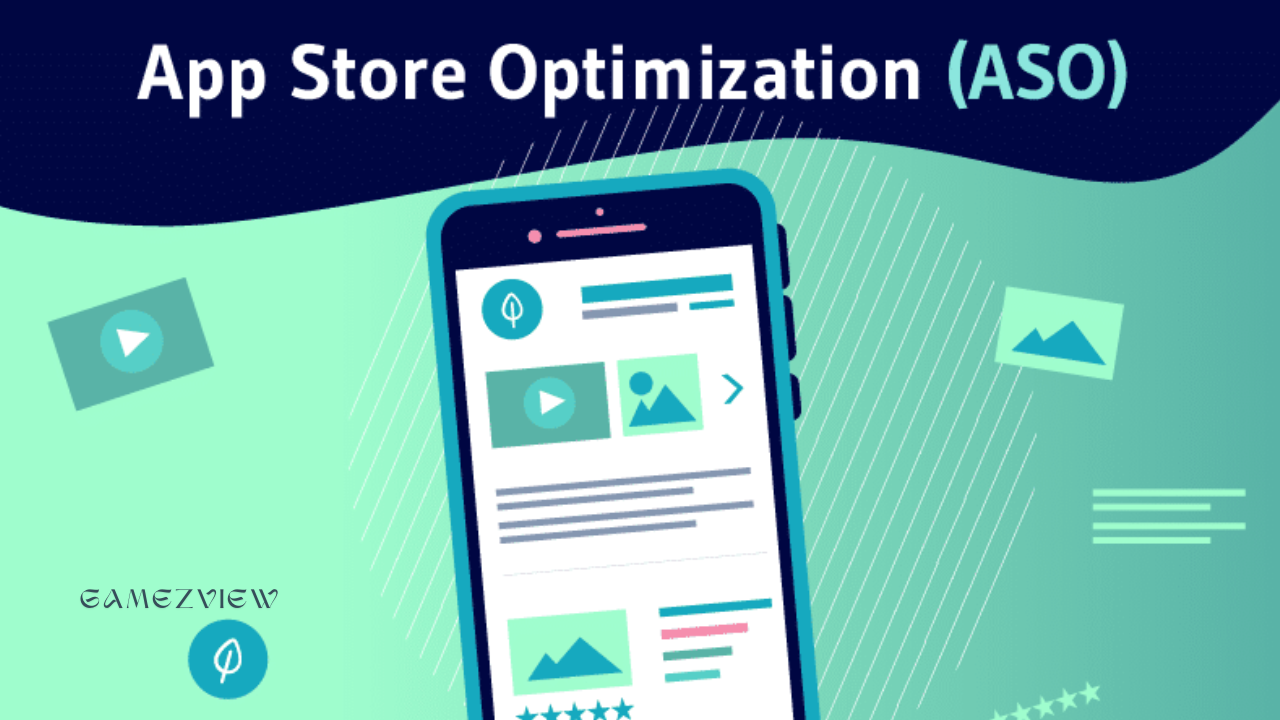In the rapidly evolving world of mobile gaming, data analysis has become a critical tool for developers and publishers aiming to stay competitive. The rise of smartphones and tablets has transformed gaming from a niche pastime into a global phenomenon, with billions of users engaging in mobile games every day. As the industry continues to grow, the role of data analysis in shaping game development, user experience, and overall business strategy has never been more vital. This comprehensive guide delves into the importance of data analysis in the mobile gaming industry, highlighting its impact on game development, user engagement, monetization, and strategic decision-making.
1. Enhancing Game Development
1.1. Understanding Player Behavior
One of the primary benefits of data analysis in mobile gaming is the ability to understand player behaviour. By analyzing data on how players interact with a game, developers can gain insights into player preferences, play patterns, and engagement levels. This information is invaluable for designing games that resonate with players. For example, data analysis can reveal which levels are too difficult or too easy, which features are most popular, and where players tend to drop off. Armed with this knowledge, developers can make data-driven decisions to adjust game difficulty, enhance features, and improve overall gameplay.
1.2. Iterative Development and Testing
Data analysis facilitates iterative development by providing developers with actionable insights from early testing phases. By collecting and analyzing data from beta testers or early adopters, developers can identify bugs, usability issues, and areas for improvement. This iterative process ensures that the final product is polished and meets player expectations. Moreover, data analysis helps in A/B testing different game features or mechanics to determine which version performs better, allowing for continuous optimization and refinement.
1.3. Personalization and Customization
In an era where players expect personalized experiences, data analysis enables developers to create customized gameplay experiences. By analyzing data on player preferences and behaviour, developers can tailor in-game content, challenges, and rewards to individual players. Personalization can significantly enhance player satisfaction and engagement, leading to longer play sessions and increased retention rates. For example, a game that uses data analysis to offer personalized recommendations for in-game items or challenges can create a more engaging and enjoyable experience for players.

2. Optimizing User Engagement
2.1. Improving Retention Rates
Player retention is a key metric for the success of mobile games. Data analysis helps developers understand why players stay engaged or leave a game. By analyzing metrics such as session length, frequency of play, and churn rates, developers can identify factors that contribute to player drop-off. For instance, if data shows that players frequently abandon the game after reaching a certain level, developers can investigate and address potential issues with game difficulty or reward structures. By improving retention rates, developers can increase the lifetime value of each player.
2.2. Enhancing User Experience
Data analysis plays a crucial role in enhancing the overall user experience. By analyzing user feedback, reviews, and in-game behaviour, developers can identify pain points and areas for improvement. For example, if players consistently report issues with a particular feature or experience frustration with certain gameplay elements, developers can use this data to make targeted improvements. Additionally, data analysis can help developers understand the impact of updates and new features on user experience, ensuring that changes are well-received and positively impact player satisfaction.
2.3. Targeted Marketing and User Acquisition
Effective marketing and user acquisition strategies rely heavily on data analysis. By analyzing data on player demographics, behaviour, and acquisition channels, developers can create targeted marketing campaigns that reach the right audience. For example, data analysis can reveal which demographics are most likely to engage with a particular type of game, allowing developers to tailor their marketing efforts accordingly. Additionally, data analysis helps in evaluating the effectiveness of different marketing channels and campaigns, enabling developers to allocate resources more efficiently and maximize return on investment.
Managing and Analyzing Data in Mobile Gaming: A Comprehensive Guide
3. Maximizing Monetization Strategies
3.1. In-Game Purchases and Microtransactions
Monetization is a critical aspect of the mobile gaming industry, and data analysis plays a key role in optimizing in-game purchases and microtransactions. By analyzing data on player spending behaviour, developers can identify trends and preferences related to in-game purchases. For example, data analysis can reveal which items or features are most popular among players, allowing developers to adjust pricing and offer targeted promotions. Additionally, data analysis can help in understanding the impact of different pricing strategies on player spending, enabling developers to optimize their monetization approach.
3.2. Ad Revenue Optimization
Many mobile games generate revenue through in-game advertisements. Data analysis helps developers optimize ad placements and formats to maximize ad revenue without negatively impacting the player experience. By analyzing data on ad performance, click-through rates, and user engagement, developers can make data-driven decisions on ad placement and frequency. For example, data analysis can reveal the optimal frequency of ad displays to balance revenue generation with player satisfaction. Additionally, data analysis can help in identifying the most effective ad formats and targeting strategies to increase ad revenue.
3.3. Subscription Models and Premium Content
Subscription models and premium content have become increasingly popular in the mobile gaming industry. Data analysis helps developers understand player preferences for subscription services and premium content. By analyzing data on subscription rates, retention, and player feedback, developers can create subscription offerings that align with player expectations. For example, data analysis can reveal which types of premium content are most appealing to players, allowing developers to design subscription models that offer valuable and engaging content. Additionally, data analysis helps in evaluating the impact of subscription models on overall revenue and player satisfaction.
4. Strategic Decision-Making
4.1. Forecasting and Trend Analysis
Data analysis is essential for forecasting and trend analysis in the mobile gaming industry. By analyzing historical data and market trends, developers can make informed predictions about future trends and player preferences. For example, data analysis can reveal emerging genres, popular game mechanics, and shifting player demographics. This information enables developers to anticipate market changes and adapt their strategies accordingly. Forecasting and trend analysis help developers stay ahead of the competition and capitalize on new opportunities in the ever-evolving gaming landscape.
4.2. Competitive Analysis
Understanding the competitive landscape is crucial for success in the mobile gaming industry. Data analysis allows developers to conduct competitive analysis by examining the performance and strategies of other games in the market. By analyzing data on competitor games, such as player engagement, monetization strategies, and feature sets, developers can identify strengths and weaknesses in their games. Competitive analysis helps developers make data-driven decisions on game design, marketing, and monetization, ensuring that their games stand out in a crowded market.
4.3. Risk Management and Fraud Detection
Data analysis plays a critical role in risk management and fraud detection in the mobile gaming industry. By analyzing data on player behaviour and transactions, developers can identify unusual patterns and potential fraud. For example, data analysis can help detect fraudulent activity such as account hacking, cheating, or suspicious transaction behaviour. Implementing robust data analysis and monitoring systems helps developers protect their games and ensure a fair and secure environment for players.
Utilizing App Store Features to Boost Visibility: A Comprehensive Guide
5. Challenges and Considerations
5.1. Data Privacy and Security
As data analysis becomes increasingly central to the mobile gaming industry, ensuring data privacy and security is of utmost importance. Developers must comply with data protection regulations, such as GDPR and CCPA, and implement robust security measures to protect player data. Data analysis should be conducted with a focus on ethical practices and transparency, ensuring that players’ privacy is respected and their data is handled responsibly.
5.2. Managing Large Volumes of Data
The volume of data generated by mobile games can be overwhelming, and managing this data effectively is a challenge for developers. Implementing scalable data analysis solutions and leveraging advanced technologies, such as big data analytics and machine learning, can help in managing and analyzing large datasets. Developers should invest in data infrastructure and tools that can handle the complexity and scale of data generated by modern mobile games.
5.3. Interpreting and Acting on Data Insights
Data analysis provides valuable insights, but interpreting and acting on these insights can be challenging. Developers must ensure that data analysis is aligned with their strategic goals and that insights are translated into actionable strategies. Effective communication of data findings and collaboration between data analysts and game developers are essential for leveraging data insights to drive game improvements and business success.
In the mobile gaming industry, data analysis is a powerful tool that drives game development, enhances user engagement, optimizes monetization strategies, and supports strategic decision-making. By leveraging data to understand player behaviour, behaviour game design, and maximize revenue, developers can create more engaging and successful mobile games. However, it is crucial to address challenges related to data privacy, security, and management to ensure that data analysis practices are ethical and effective. As the mobile gaming industry continues to grow and evolve, data analysis will remain a critical component in shaping the future of gaming and delivering exceptional experiences to players around the world.
Creating a Strong and Appealing Game Trailer and Screenshots



